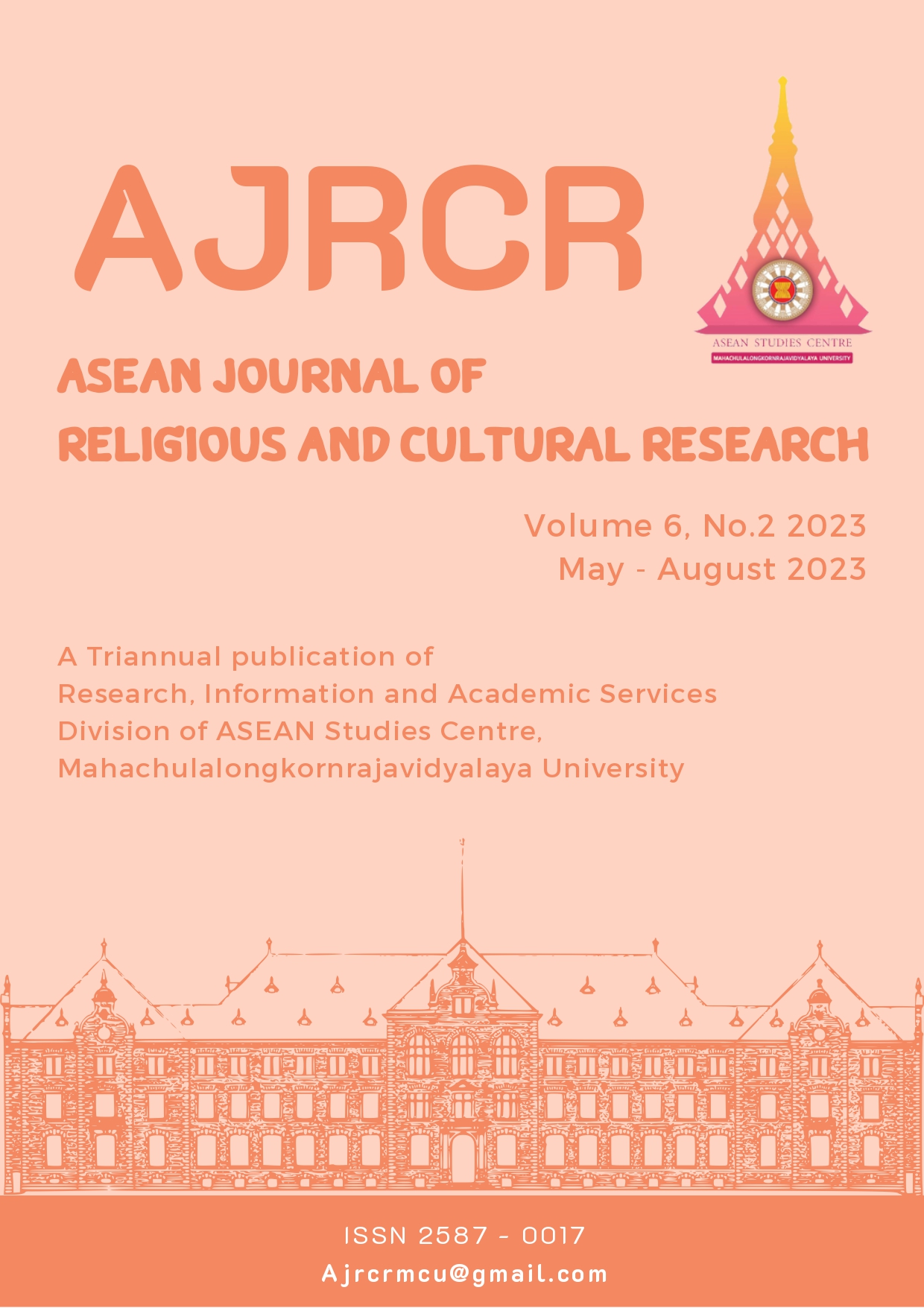School Management in the Digital Age of Participatory Administration according to the Principles of Aparihāniyadhamma VII
Keywords:
Management of educational technology, Participatory Administration, Aparihāniyadhamma VIIAbstract
This academic article is about management of educational institutions in the digital age with participatory principles of Aparihāniyadhamma VII which the management of educational institutions in the digital age is a huge challenge and in successfully managing an educational institution in the midst of the changes and dynamics of the world that cannot be stopped. The administration of educational institutions must provide opportunities for those involved in education management to participate in decision-making, planning, and working together which creates a sense of commitment binding and agreeing together to manage the educational institution to achieve the goals. This is to develop the work that we practice together to have the highest quality. Effective management of education in educational institutions and effective management will have a positive impact on the quality of learners which is considered the heart of education management. Aparihāniyadhamma VII is the Dhamma which does not lead to decay and prosperity both individual and collective. Administrators, as representatives of school personnel, are the ones who divide tasks according to individual abilities and systematically guide them to achieve maximum efficiency. The administration of educational institutions based on the principles of Buddhism is another dimension that is profound and modern. It is compatible with all ages and is accepted in society as teaching people to be good people to live happily together, teach people how to live successfully, teach everyone to be good people with morals and ethics, which, if applied to the management, will result in softness and more management and flexibility according to the appropriate situation. Therefore, the principle of Aparihāniyadhamma VII has been used to help in the administration of education as another way to provide education for people in Thai society to prosper.
Downloads
Published
2023-06-01
How to Cite
Boonsukontagul, S. . . (2023). School Management in the Digital Age of Participatory Administration according to the Principles of Aparihāniyadhamma VII. ASEAN Journal of Religious and Cultural Research, 6(2), 37–41. retrieved from https://so02.tci-thaijo.org/index.php/ajrcr/article/view/263423
Issue
Section
Articles





